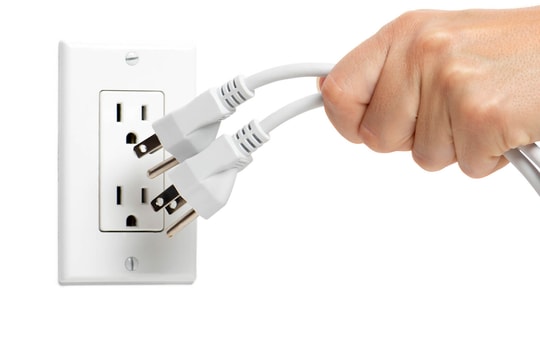10 money saving tips for new students
(Baonghean.vn) -Balancing studying, living, and socializing with friends on a tight budget is always a difficult problem for students living far from home.
For many young people, going to university away from home means having a separate life. Therefore, they have to learn to balance studying, living, and socializing with friends on a tight budget. Here are some ways to help students live more economically.
1. Borrowing and requesting textbooks
The peculiarity of university is that there are subjects that are only studied for one semester and then not needed again. Therefore, take advantage of the library's resources. Most school libraries lend textbooks and many reference materials. Doing this can save you a lot of money each semester, especially at the beginning of the school year.
In addition, you can also ask your seniors for documents. Most of the "seniors" have books and documents saved, you can take advantage of this "source" to not only save money but also learn how to study from the seniors.
 |
2. Make a shopping list
Before you go shopping, make a list of what you need to buy. Make a rule for yourself: don't buy anything outside the above list. This will help keep your expenses to a minimum.
3. Buy only what is really necessary
Never buy things you don’t need or don’t use much. If you hesitate before buying something, put it down and think carefully about whether you really need it or not. If your shoes are new, don’t go to the shoe store, don’t buy a dress you can only wear once,… the money in your pocket will gradually disappear if you spend it on things that are not worth it.
 |
4. Don't get too carried away with sales
Sometimes you just buy something because it's on sale or not. Whether it's cheap or not, you shouldn't spend money on something you know you'll never use.
5. Don't be afraid to bargain
If you feel shy to bargain, you have already lost a lot of money. Haggle to save yourself more money.
6. Cook for yourself
Cooking for yourself will help you cut your food expenses in half. You can buy a cookbook and practice making many dishes to suit your taste. Cooking for yourself is not only cheaper but also healthier.
7. Learn to repair things
When household appliances such as computers, faucets, light bulbs, etc. break, don't rush to call a repairman or throw them away and buy new ones, but try to see if you can repair them.
Most repairs aren't as difficult as you might think, and with a little research you can save yourself some money.
8. Don't chase technology
If you already have a smartphone, laptop, camera, etc., make the most of it and don’t replace it until it’s broken. Remember, you can never afford to keep up with technology.
9. Persistence
Be consistent with your savings plan. Don't save for a long time and then squander the savings. Burning three years of firewood in an hour is not a smart choice.
 |
10. Find a part-time job
Take advantage of your free time by doing some extra work to help you earn extra income and reduce spending time.
Ngoc Anh
(Synthetic)
| RELATED NEWS |
|---|




